Four bail bondsmen in South Florida were recently arrested on charges including armed kidnapping, shining a spotlight on the state’s for-profit bail industry. The case raises critical questions about the authority of private agents and the safeguards in place to prevent abuse. For many Floridians, bondsmen appear only during moments of crisis, but understanding their role is essential. In Florida, bondsmen are not bounty hunters.
The Foundation of Bail in Florida
Florida’s bail system allows defendants to be released from jail while awaiting trial, ensuring their court appearances without burdening taxpayers with detention costs. When a judge sets bail, it acts as a financial guarantee. Defendants can pay the full amount or hire a bail bondsman.
Bondsmen charge a non-refundable fee, legally capped at 10% of the bail amount. For example, a $10,000 bond carries a $1,000 fee. If a defendant skips court, the bondsman becomes liable for the entire bail, creating a strong incentive to track down clients who fail to appear.
What Bondsmen Can and Cannot Do
Bail bondsmen derive their authority from state law and the 19th-century Supreme Court ruling Taylor v. Taintor, which places a defendant on bail under the custody of the surety. This grants bondsmen some powers, but these are far from unlimited.
The recent Florida Keys case highlights the consequences of overstepping. The Florida Department of Law Enforcement alleges that the arrested bondsmen unlawfully detained a man, entered a home without legal authority, and impersonated law enforcement by wearing badges and body armor marked “AGENT.”
Rules of Conduct for Bondsmen:
-
Arrest Powers: Bondsmen may apprehend defendants who skip court, but generally only the individual they are responsible for. They must be licensed and officially appointed by an insurer for that bond.
-
Entering Homes: Bondsmen may enter a defendant’s home under certain conditions but cannot enter third-party homes without consent or a warrant. Florida law also restricts entry between 10 p.m. and 6 a.m.
-
Use of Force & Impersonation: They may use reasonable force to detain a fugitive but cannot use excessive force. Bondsmen are private citizens and cannot impersonate police officers, which is a criminal offense.
Checks and Oversight
The Florida Department of Financial Services (DFS) licenses and regulates bondsmen. Consumers can verify licenses and file complaints. In cases of violence, threats, or trespassing, local law enforcement must be involved. The joint FDLE and DFS investigation into the South Florida bondsmen shows that regulatory and law enforcement agencies actively intervene when laws are violated.
Looking Ahead
The tension between enforcing bail and preventing abuse continues to shape Florida’s justice system. The recent arrests serve as a reminder that oversight is crucial. For defendants and their families, understanding the legal limits of bondsmen is essential to protecting their rights.
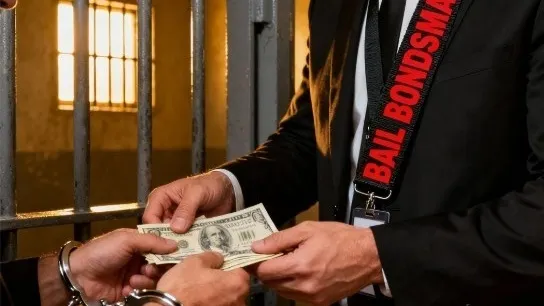





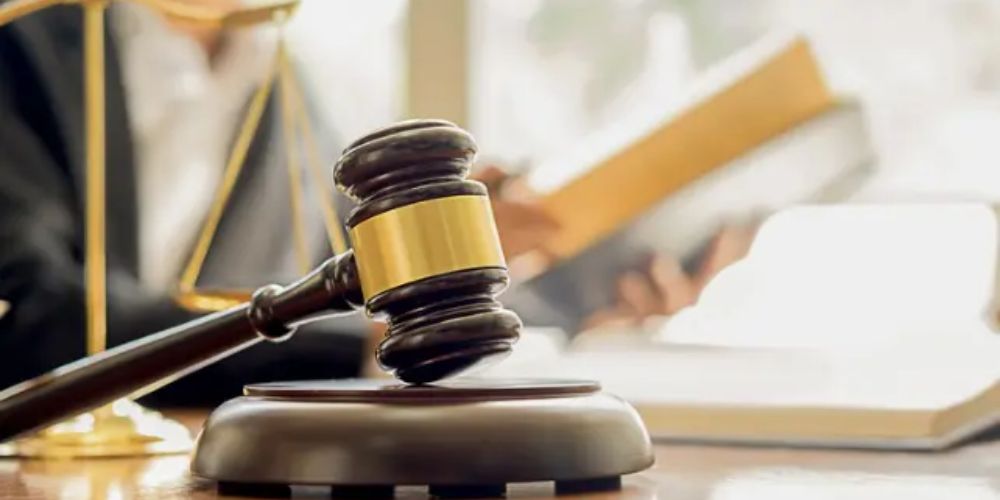
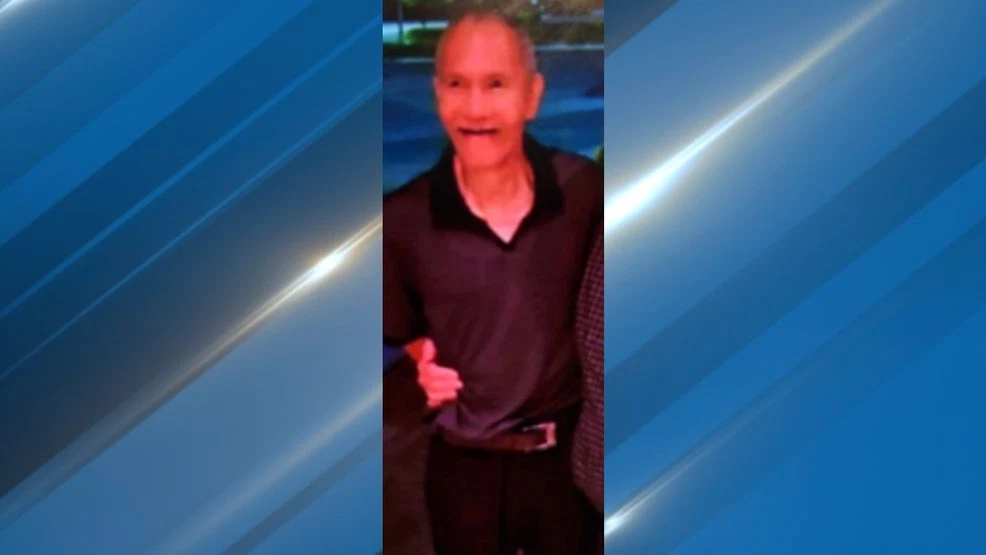
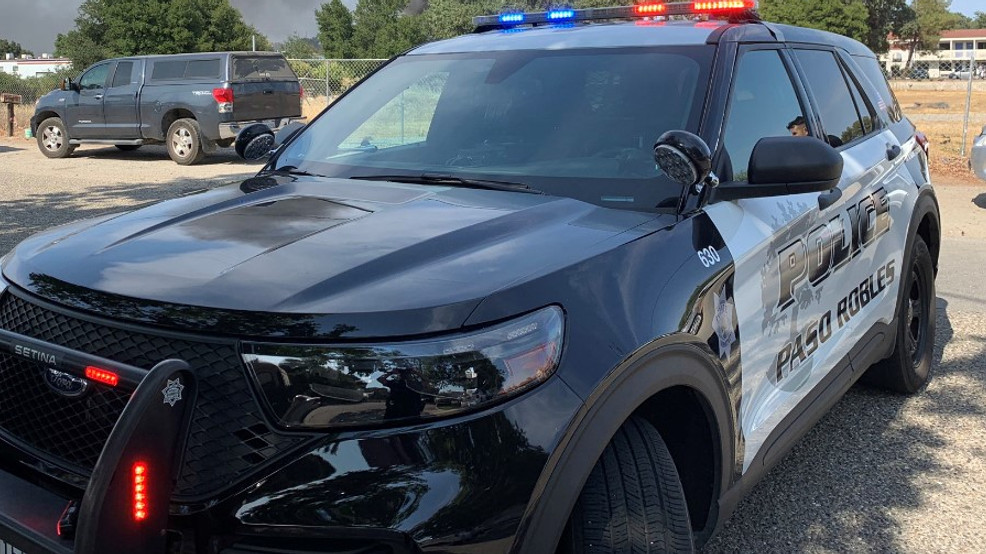
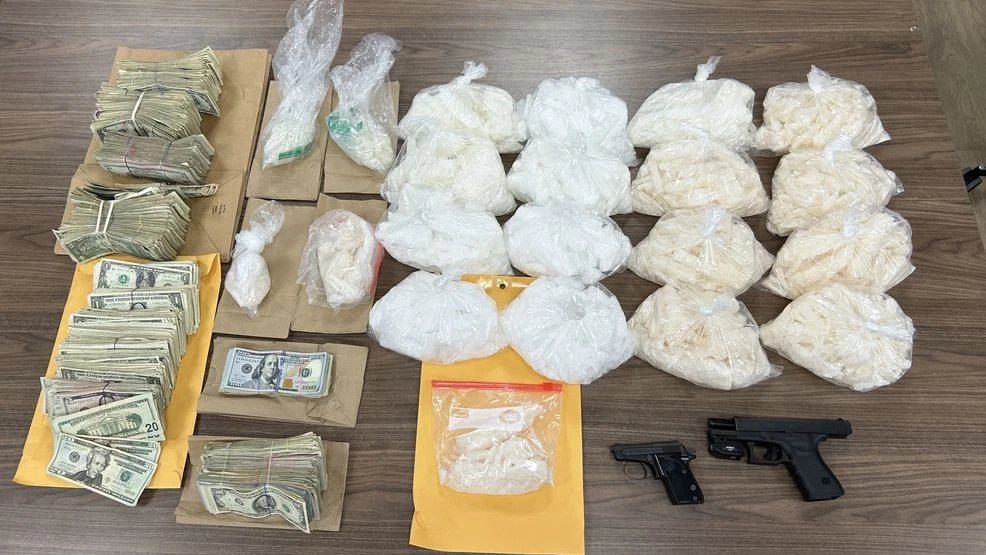


Leave a Reply